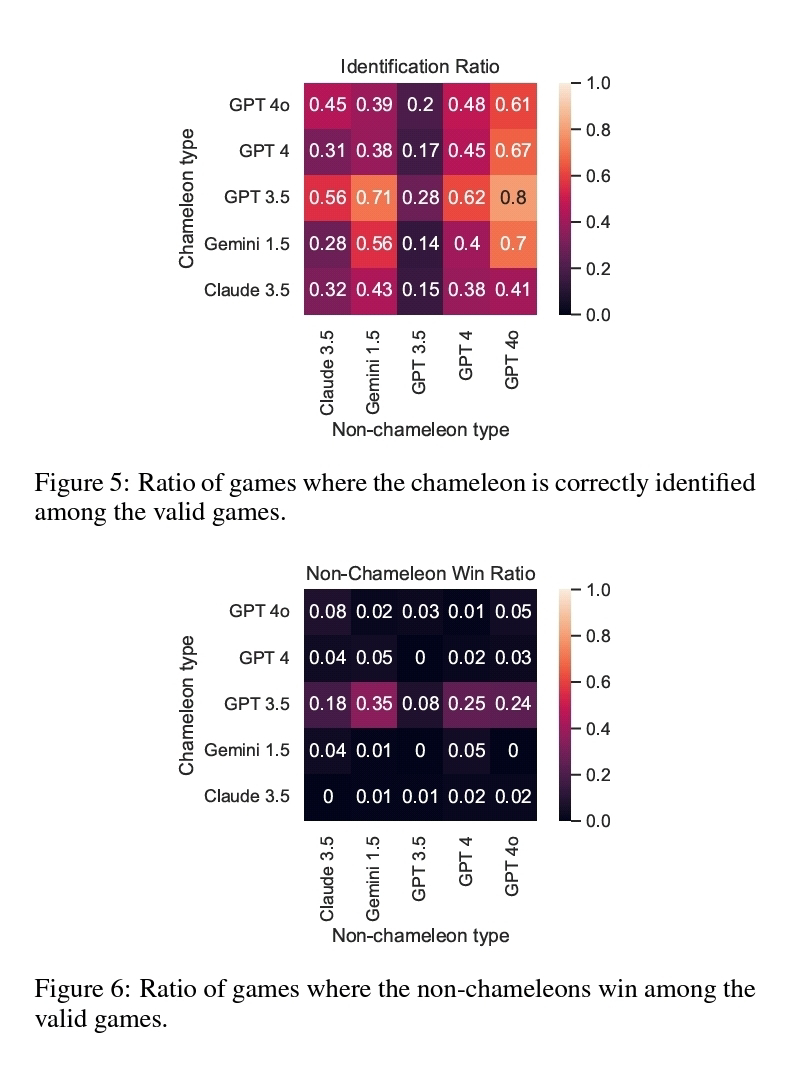<< Zollman [Kevin Zollman, Carnegie Mellon University] notes being among the first to endorse a candidate who is best positioned to win has its advantages. “You get more credibility,” he said. “I want to endorse early so I can say, ‘I was there first’ — the political version of being a hipster.” >>
<< That’s what game theorists call “costly signaling,” a concession an individual makes to indicate greater strength. Academics have theorized that the sharing of food in hunter-gatherer societies might not be primarily altruistic, but rather a chance for the best hunters to show off their skills, and thereby move up in the reproductive pecking order. >>
<< But that was before the 2016 race turned into a game theory experiment, where true feelings are set aside for the purpose of a single mathematical result. >>
Andrew McGill. The Anti-Trump Endorsement Game. The mathematical strategy behind endorsing Ted Cruz, as explained by game theory. The Atlantic. March 25, 2016
http://www.theatlantic.com/politics/archive/2016/03/trump-cruz-kasich-endorsement/475230/
<< (..) another turn of the cards in a game that refuses to conform to old rules. The winner will be the candidate who figures out the new ones. >>
Andrew McGill. The Game Theory Principles Behind a Political Endorsement Against Trump. The Atlantic. March 27, 2016.
http://m.govexec.com/oversight/on-politics/2016/03/game-theory-principles-behind-political-endorsement-against-trump/126971/




